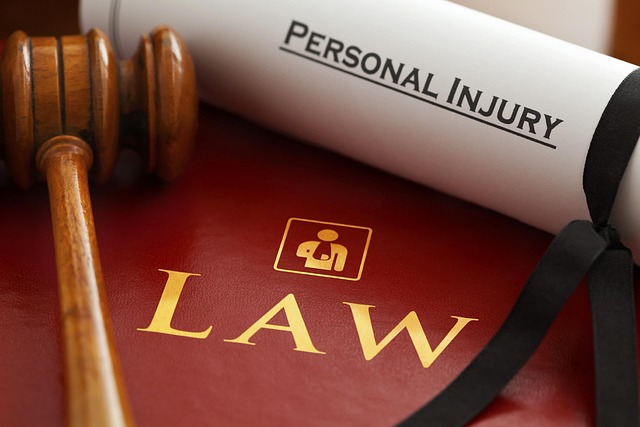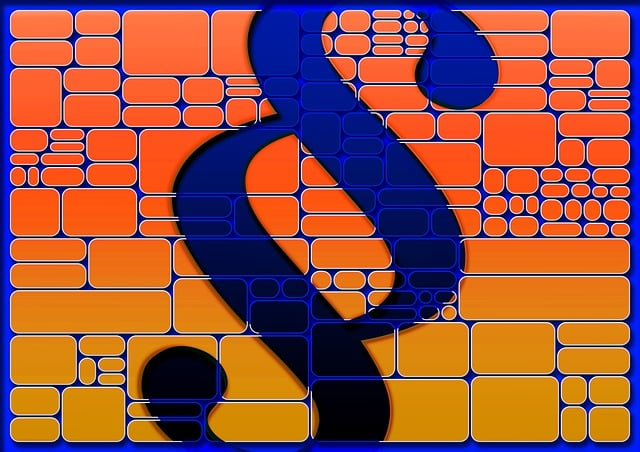Corporate Crime Investigations (CCIs) meticulously probe financial misconduct and illegal activities within organizations, with a proven success rate in prosecutions. These inquiries, involving analysis of financial records, employee interviews, and evidence collection, aim to address white-collar crimes, enhance corporate accountability, and prevent unethical business conduct. In the case of Legal Advice for Defective Product Claims, understanding complex product liability laws across jurisdictions is crucial. CCI navigates high-stakes cases, compensates affected individuals, deters future misconduct, and achieves results through strategic guidance and expert testimony.
Corporate crime investigations are pivotal in uncovering illicit activities within organizations, ensuring accountability, and restoring public trust. This comprehensive guide delves into the intricate world of such inquiries, focusing on defective product claims as a prominent concern. We explore the legal aspects, rights, and responsibilities involved, offering valuable insights for businesses seeking effective resolution strategies. From understanding key legal frameworks to navigating the investigation process, this article provides essential guidance, especially in the context of obtaining legal advice for defective product claims.
- Understanding Corporate Crime Investigations: A Comprehensive Overview
- Legal Aspects of Defective Product Claims: Rights and Responsibilities
- Navigating the Process: Steps for Effective Corporate Crime Investigation and Resolution
Understanding Corporate Crime Investigations: A Comprehensive Overview

Corporate Crime Investigations delve into complex matters of financial misconduct and illegal activities within organizations. These inquiries are crucial in addressing white-collar and economic crimes, ensuring corporate accountability, and providing legal advice for defective product claims. An unprecedented track record of successful prosecutions has emerged from these investigations, with many leading to complete dismissals of all charges against companies and their executives.
The process involves meticulous analysis of financial records, interviews with employees, and the collection of evidence to uncover fraudulent practices. It’s a delicate task that requires experts in various fields, including law enforcement, accounting, and forensics. The goal is not only to penalize wrongdoers but also to implement preventative measures, fostering ethical business conduct and mitigating future risks. This holistic approach ensures that companies operate within legal boundaries, protecting consumers and investors alike.
Legal Aspects of Defective Product Claims: Rights and Responsibilities

When a company is accused of selling defective products that cause harm to consumers or their property, navigating the legal aspects of defective product claims can be complex. The rights and responsibilities of all parties involved are crucial in ensuring justice and preventing similar incidents in the future. Legal advice for defective product claims is essential to understand the intricacies of product liability laws, which vary across jurisdictions.
In many cases, manufacturers and distributors have a duty to ensure their products meet safety standards and are adequately tested before reaching consumers. Failure to do so can result in significant legal repercussions. High-stakes cases involving defective products often require meticulous investigation and expert testimony. The philanthropic and political communities play a vital role in shaping product liability regulations, reflecting societal expectations for corporate accountability. Achieving extraordinary results in these cases may involve lengthy negotiations or robust litigation, ultimately aiming to compensate affected individuals and deter future misconduct.
Navigating the Process: Steps for Effective Corporate Crime Investigation and Resolution

Navigating the intricate world of corporate crime investigations requires a structured approach to ensure effectiveness and swift resolution. The process begins with receiving a complaint or identifying potential wrongdoing, which prompts an initial assessment by legal experts. This crucial step involves gathering preliminary information, understanding the alleged offense, and determining the scope of the investigation. Once initiated, the investigation progresses through several key stages.
These include evidence collection, where investigators meticulously gather relevant data, documents, and testimonies; fact-finding, focusing on analyzing the collected proof to construct a comprehensive narrative; and ultimately, decision-making. This decisive phase involves evaluating the strength of the case, considering legal strategies, and deciding on the best course of action. Legal advice plays a pivotal role throughout, especially for complex cases like defective product claims, offering guidance on regulatory compliance and potential outcomes. An unprecedented track record in white collar defense underscores the importance of strategic navigation during each stage of the investigative and enforcement process.
Corporate crime investigations are complex processes that require a deep understanding of legal frameworks and effective navigation. As discussed, these investigations encompass various steps from initial identification of potential issues to resolution and prevention. For businesses facing defective product claims, seeking legal advice for defective product claims is crucial. By understanding the rights and responsibilities outlined in this article, companies can better prepare for such situations, ensuring they uphold their obligations while protecting their interests throughout the investigation and resolution process.






